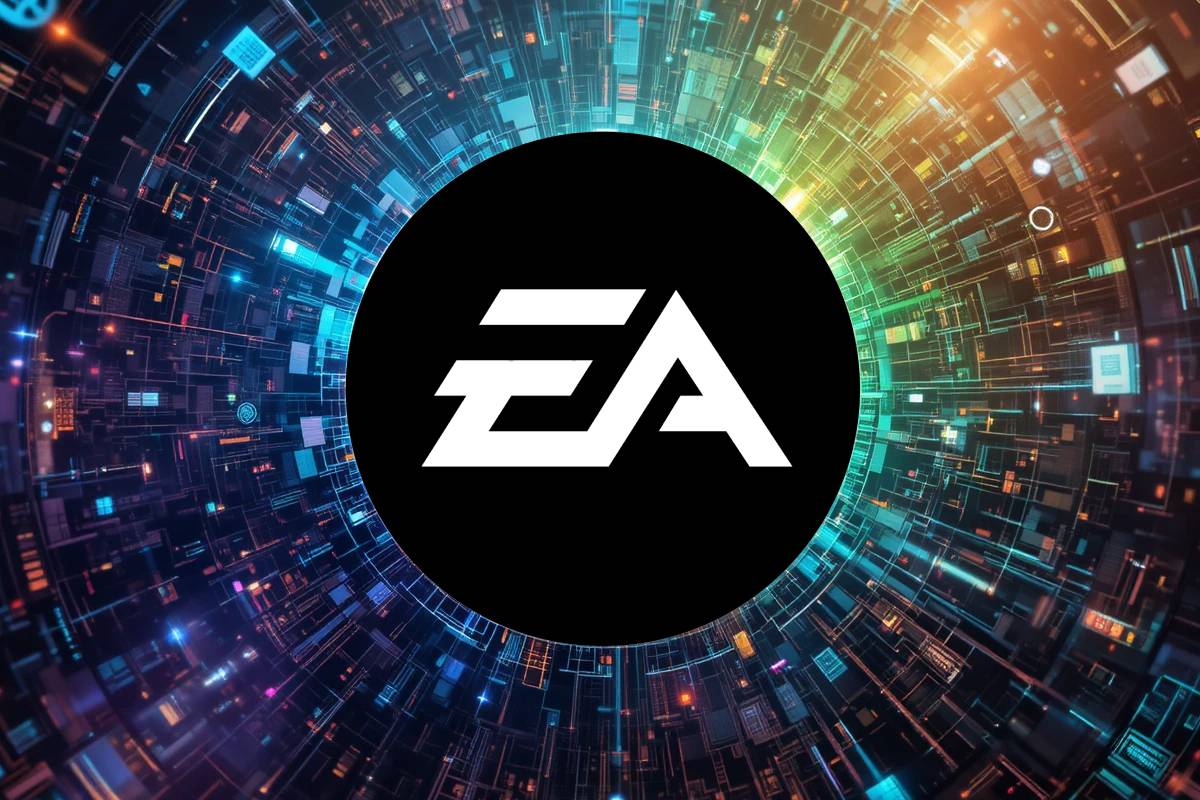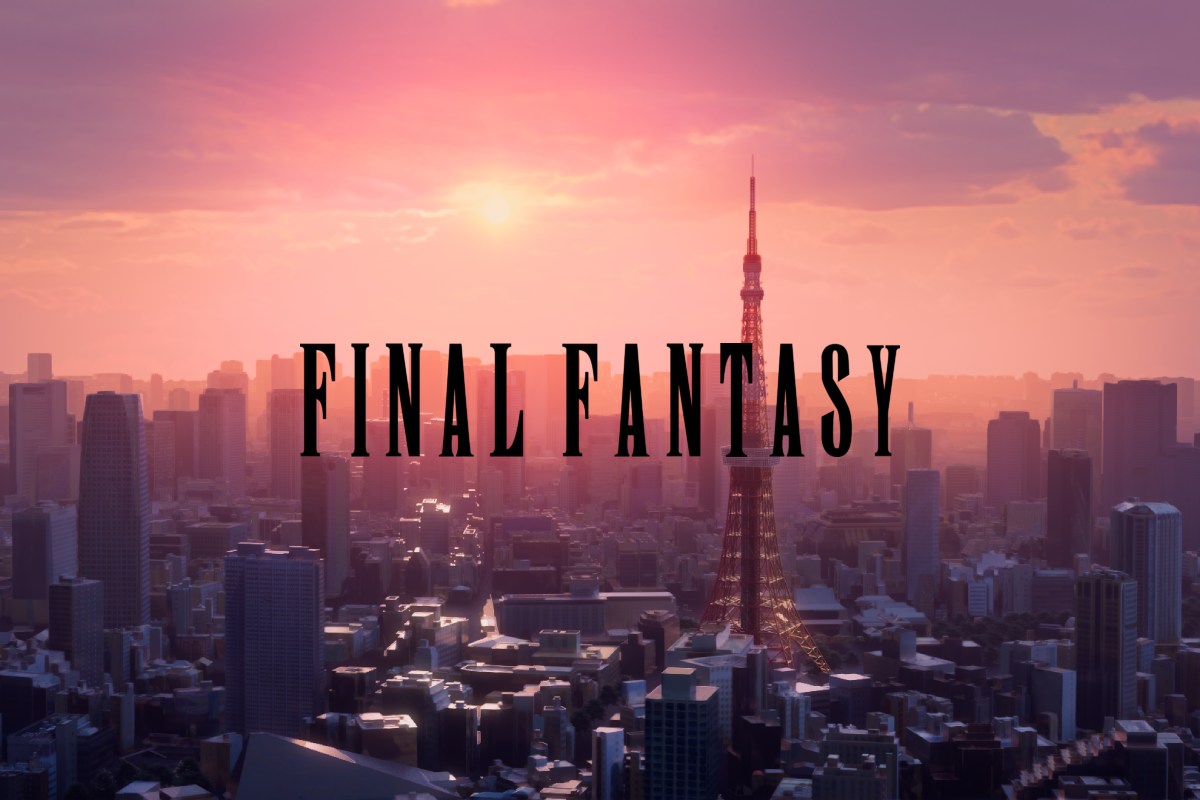$55 Billion EA Sale Descends Into Chaos as Workers and Lawmakers Fight the Saudi Takeover
The $55 billion acquisition of Electronic Arts has sent shockwaves through the video game industry. While investors celebrate, EA employees, unions, and U.S. politicians are sounding the alarm.
Since its announcement in late September, the acquisition of Electronic Arts by a consortium led by Saudi Arabia’s sovereign wealth fund PIF, Silver Lake, and Affinity Partners (Jared Kushner’s firm and Donald Trump’s son-in-law) has sparked heated debate. Behind this record-breaking $55 billion cash deal lie serious concerns for creativity, employment, and the national security of the United States.

Image credit: Electronic Arts
Employees rise up against privatization
Inside EA, dissent is growing. Members of the Communication Workers of America (CWA) union are denouncing a sale completed without consulting employees and fear that this privatization will only serve to enrich a handful of investors. In a joint statement, they emphasize that EA is not a struggling company: with $7.5 billion in annual revenue and $1 billion in profit, the publisher remains one of the most profitable in the industry.
Employee representatives criticize a deal that, in their words, “further concentrates power and wealth in the hands of a few.” They are especially concerned about mass layoffs designed to “boost investor dividends” rather than strengthen the company. To finance the acquisition, EA reportedly plans to take on $20 billion in debt—a burden that could fall squarely on its development teams.
To amplify their message, the collective has launched a petition to the U.S. Federal Trade Commission, calling on regulators and lawmakers to scrutinize the deal and safeguard jobs and creative freedom.
Lawmakers step in: national security concerns arise
The reaction goes far beyond EA’s walls. In Washington, several lawmakers, including Senators Elizabeth Warren and Richard Blumenthal, sent an official letter to the U.S. Treasury Secretary, expressing their “deep concern” about potential foreign interference risks and implications for national security.
According to them, the PIF—widely seen as a strategic tool of the Saudi government—is seeking to expand its influence by acquiring such an iconic American company. The fact that investors are willing to pay more than $10 billion above EA’s market value raises serious questions about their true motives.
The senators also point out that EA’s database, containing personal information from millions of players worldwide, could become a sensitive geopolitical asset. They are urging the CFIUS (Committee on Foreign Investment in the United States) to conduct a full investigation into the privatization before November 4, 2025.
A debate that goes beyond business
Beyond the financial dimension, the entire philosophy of gaming seems to be at stake. Developers fear a future where decisions are made by executives detached from the creative process, more focused on margins than on passion. As one anonymous employee puts it, “Every time an investment fund takes control of a studio, artists lose visibility, freedom, and influence.”
This acquisition could mark a new phase in the industry’s evolution, where creativity often takes a backseat to financial logic. Especially since, according to the Financial Times, EA’s future owners are betting on the large-scale use of generative AI to cut costs and boost profits—a strategy reminiscent of Elon Musk’s controversial ambitions for a fully AI-generated game.
As the deal has yet to be finalized, EA’s future remains uncertain. U.S. regulators could still slow down—or even block—the acquisition. Inside the company, the movement to defend a vision of gaming rooted in creativity, diversity, and passion is gaining momentum.









